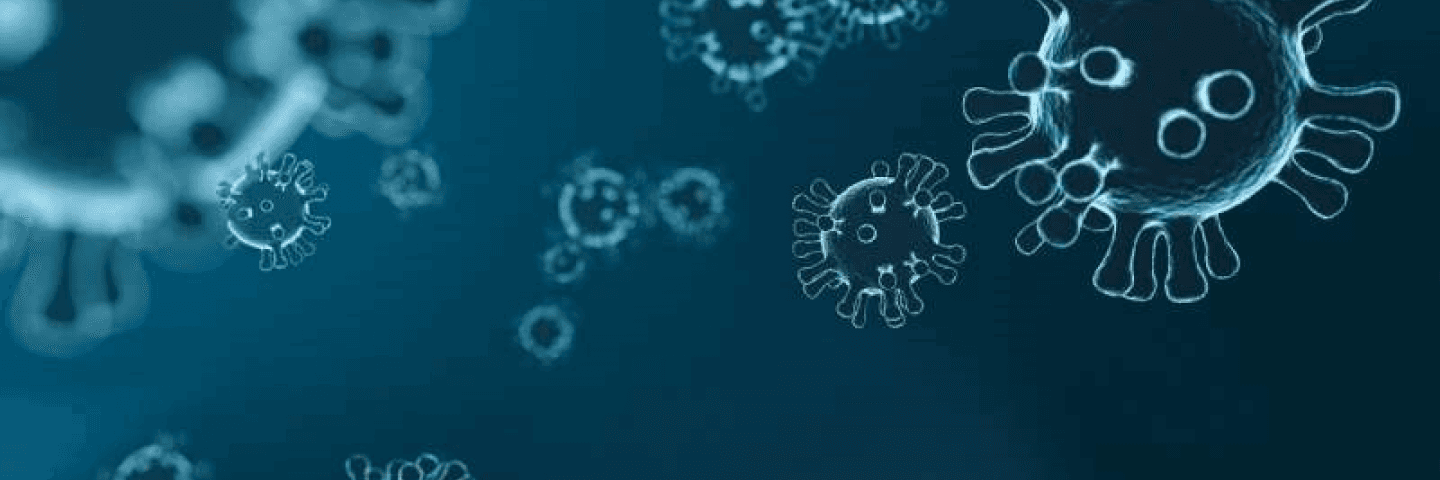
Background
There is no direct therapy available for COVID-19. The current approach is limited to symptom management. According to WHO, approximately 14% of individuals with mild to moderate COVID-19 symptoms eventually progress to severe cases requiring admission to intensive care units. The COVend project was established to address this challenge by preventing the progression of COVID-19 to severe stages. This will be done by offering a novel and effective treatment option for individuals in the early stages of infection, i.e., mild and moderate cases.
The project consortium brings together 17 partners from 13 European countries, encompassing a wide range of expertise from various fields, including (cell) biology, ICT for AI-based assessments, pharmaceuticals, economics, social sciences, and clinical proficiency.
Goal
The COVend project's goals to prevent the progression of the disease to severe stages are twofold: Firstly, to expand the existing range of preventive and therapeutic options for SARS-CoV-2 / COVID-19 by conducting clinical trials of FX06, a promising drug candidate. Secondly, to offer an effective treatment for SARS-CoV-2 through the utilization of innovative immune biomarker profiles, assessments of endothelial cells, and AI-driven models to aid clinical decision-making in the management of COVID-19.
MET faculty's role in the project:
Enable and carry out data analytics and modelling towards personalised decision support in the treatment of moderate COVID-19 (or other Acute Respiratory Distress Syndromes (ARDS)) and by developing new algorithms and using open-source software and AI-based tools.
Impact
When successful the project results help to lessen the burden on patients, their families, and the healthcare sector as a whole. COVend's innovative solution would also free up ICU beds for non-COVID patients in need of urgent interventions, such as heart or cancer surgeries.
Funding
Coordinating organisation
Goethe University Frankfurt (Germany)
Partners
- Goethe University Frankfurt (Germany) - coordinator
- accelopment Schweiz (Switzerland)
- European Society of Anaesthesiology and Intensive Care (Belgium)
- Fraunhofer Institute for Translational Medicine and Pharmacology (Germany)
- F4-Pharma (Austria)
- Tampere University, Faculty of Medicine and Health Technology (Finland)
- University College Dublin, Systems Biology (Ireland)
- University Medical Center Groningen, Department of Health Sciences (Netherlands)
- Medical Intelligent Data Analytics (Germany)
- University Hospital Würzburg (Germany)
- Ospedale S. Maria della Misericordia, University of Perugia (Italy)
- Hospital of Lithuanian University of Health Sciences Kaunas Clinics (Lithuania)
- Hospital Universitari de Bellvitge (Spain)
- Carol Davila University of Medicine and Pharmacy (Romania)
- Centro Hospitalar e Universitario de Coimbra E.P.E. (Portugal)
- Assistance Publique Hopitaux de Paris (France)
- Maastricht University Medical Centre+ (Netherlands)
Involved at MET:
Project manager Antti Kallonen, antti.kallonen [at] tuni.fi, +358503009465
Professor Mark van Gils, mark.vangils [at] tuni.fi, +358504066610
Research director Alpo Värri, alpo.varri [at] tuni.fi, +358408490780
Contact persons
Alpo Värri
Research Director Alpo Värri
Alpo Värri
